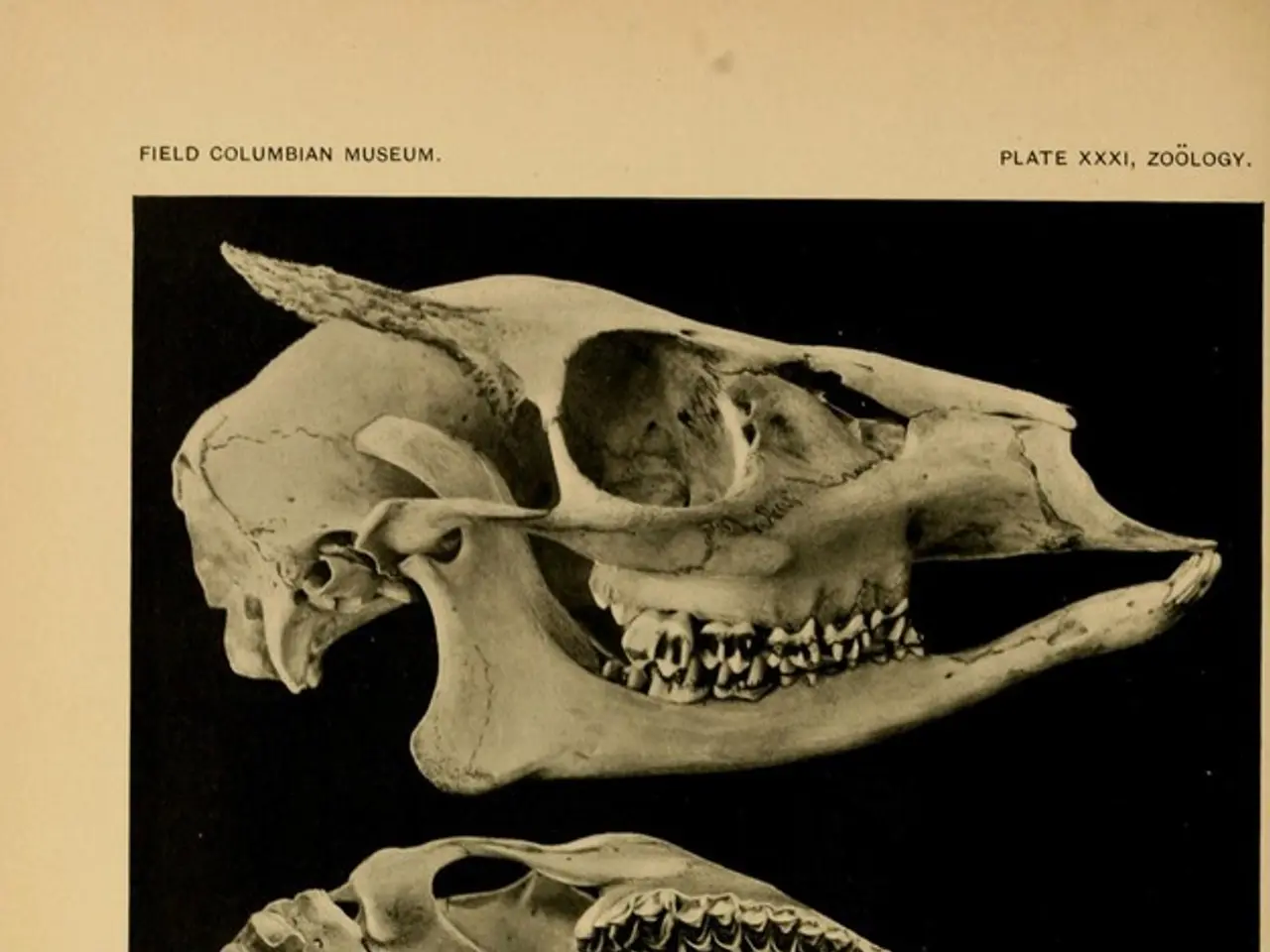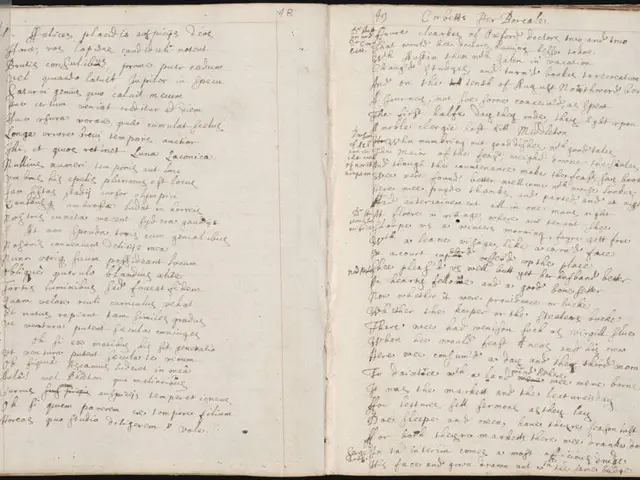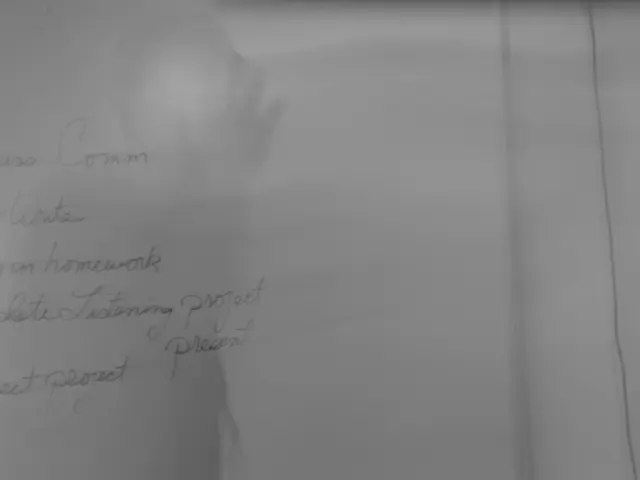Image captured by Brent Stirtons, Getty Images
===============================================================
In the summer of 2012, a clandestine operation was underway in the heart of Timbuktu, a city in Burkina Faso. The operation aimed to protect a significant collection of historic manuscripts from militants allied to al Qaeda in the Islamic Maghreb (AQIM).
At the forefront of this operation was Abdel Kader Haidara, the founder of the Mamma Haidara Library in Timbuktu. Haidara, a descendant from one of Timbuktu's prominent families, played a crucial role in the rescue effort.
The operation was a response to the Islamist and Tuareg rebels' march toward Timbuktu in late March 2012. Haidara was traveling when the conflict erupted, but he quickly returned to his hometown to coordinate the rescue.
As the militants began to seize control of Timbuktu, Haidara and his team worked tirelessly to save as many manuscripts as possible. They packed ancient works of astronomy, poetry, history, and jurisprudence into metal chests and moved them to safe houses.
The collection included manuscripts that offered insights into Mali's achievements as an ancient center of progressive thought, including Islamic teachings that were anathema to the fanaticism of AQIM.
Haidara's efforts were not without risk. His nephew, Mohammed Touré, was arrested and charged with theft by Islamic police during the rescue operation. Fortunately, Touré was able to use Islamic studies to buy himself time and was eventually released after 24 hours in custody.
The operation marked the culmination of a long career as a champion of Mali's cultural patrimony for Haidara. He had been collecting manuscripts for the Mamma Haidara Library for years, traveling across the Sahara and along the Niger, visiting remote villages to collect manuscripts.
The rescue effort was a success, with over 350,000 manuscripts from 45 different libraries in and around Timbuktu being saved. These manuscripts are considered invaluable cultural and historical treasures, offering a glimpse into Mali's rich past.
The operation highlighted the importance of preserving cultural heritage, especially in regions facing conflict and instability. The story of Haidara's daring rescue effort is detailed in the book "The Bad-Ass Librarians of Timbuktu" by Joshua Hammer.
In addition to the Mamma Haidara Library, Haidara managed to grow the Ahmed Baba's manuscript collection to over 20,000 works after a decade of near-ceaseless travel. This collection, which includes works from the 13th to the 20th century, challenges the argument made by Enlightenment philosophers that Africa had no tradition of writing and therefore no history or memory.
The rescue effort was not the end of Haidara's work. After the manuscripts were safely hidden, Haidara began knocking on the doors of families in Timbuktu, trying to persuade them to bring their manuscripts out of hiding and sensitized people to the conservation work the library was doing.
The real breakthrough came shortly afterward when the Ford Foundation granted Savama-DCI, a foundation established by Haidara, $600,000 to construct two new libraries in Timbuktu. These new libraries will provide a safe and secure home for the rescued manuscripts, ensuring that they can be preserved for future generations.
In conclusion, the daring rescue of Timbuktu's historical manuscripts by Abdel Kader Haidara and his team is a testament to the importance of preserving cultural heritage, even in the face of conflict and instability. The manuscripts saved during the operation offer a unique insight into Mali's rich history and are a valuable resource for scholars and historians around the world.
- The conservation of the historical manuscripts in Timbuktu, as efforts by Abdel Kader Haidara and his team have shown, can have far-reaching importance in education and self-development, offering insights into Mali's achievements as an ancient center of progressive thought.
- In the realm of space and astronomy, these ancient Malian manuscripts present a historical perspective that can complement modern scientific understandings.
- The success of the operation also highlights the role of community, as shown by the collaboration between Haidara and other library founders, and the support from organizations like the Ford Foundation, in preserving cultural heritage during times of conflict.
- The medical-conditions faced by Mohammed Touré, during his arrest while helping to save the manuscripts, demonstrate the harsh realities that those committed to these missions may encounter.




